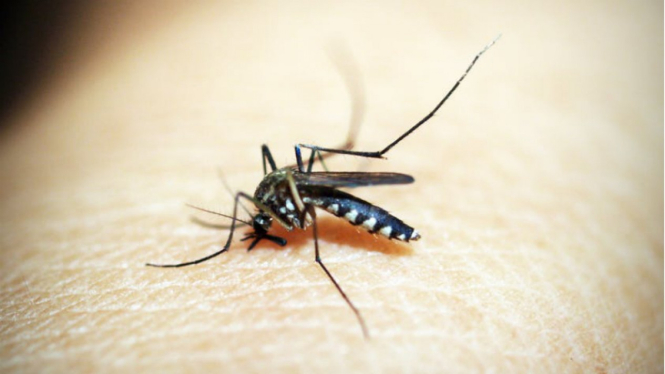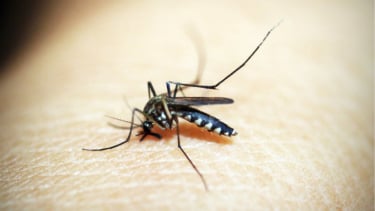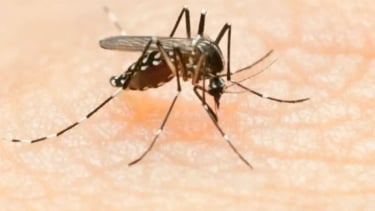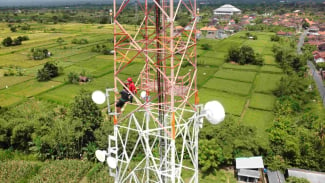Reasons Why Mosquitoes Suck Blood
- Pexels/icon0.com
Jakarta – A mosquito is a small insect that flies around feeding on the blood and plant juices for reproduction and survival. Mosquitoes are considered parasites because they live feeding on the blood of living organisms, and in return, they infect humans and animals with various disease-causing parasitest.
What's more, mosquitoes are known to suck human blood. But, why do mosquitoes like human blood when it's common knowledge that these animals feed on nectar and other sweet substances that are mostly obtained from plants.
As information, mosquitoes suck human blood because they need nutrients such as iron, protein and amino acids. Well, these nutrients cannot be obtained from other foods other than blood.
Especially for female mosquitoes, they need the content contained in blood to lay eggs. It should be underlined here that only female mosquitoes perform blood-sucking rituals.
The average female mosquito lays about 100 eggs at a time and most produce about 10 young during her lifetime. Without a proper blood meal, she will not be able to develop the eggs after mating.
Nyamuk.
- Times of India
Male mosquitoes, on the other hand, do not suck blood and only feed on nectar and other sweet substances.
Human blood is arguably the fastest and most efficient food a female mosquito can obtain.
Compared to biting animals such as dogs, cats, horses and other mammals, humans are easier to suck blood from because they are not protected by fur.
Actually, mosquitoes also suck the blood of reptiles such as snakes and lizards, but it is not the best choice. While mosquitoes are not the pickiest eaters in the world, they do favor some types of blood over others.
Mosquitoes can smell a person's blood type before biting them. People with blood type O, for example, are a particularly tasty meal for mosquitoes. Pregnant women also seem to get bitten more often than other people because they produce pheromones that attract mosquitoes.
Mosquitoes are also attracted to humans because humans emit more carbon dioxide than other animals. Mosquitoes have receptors that detect carbon dioxide (CO2)




























